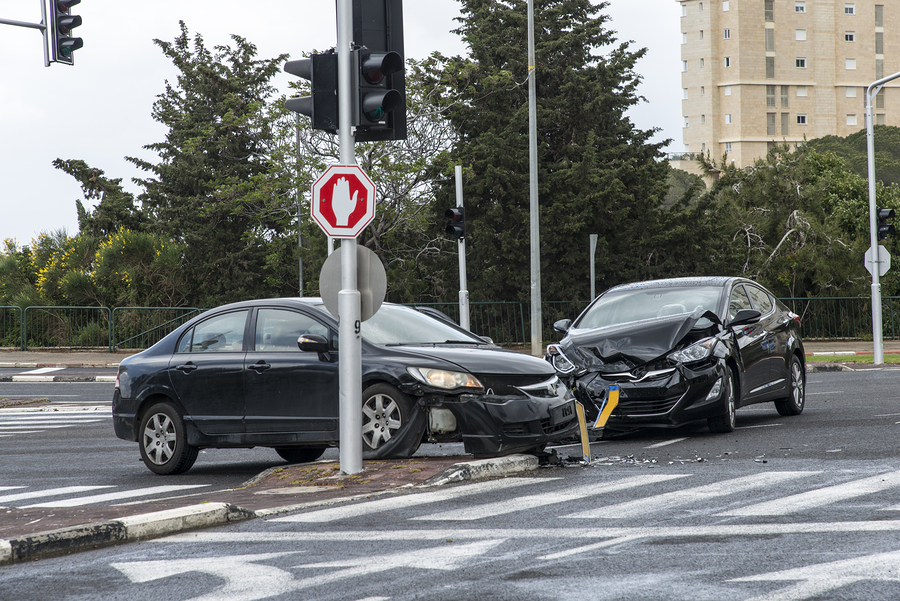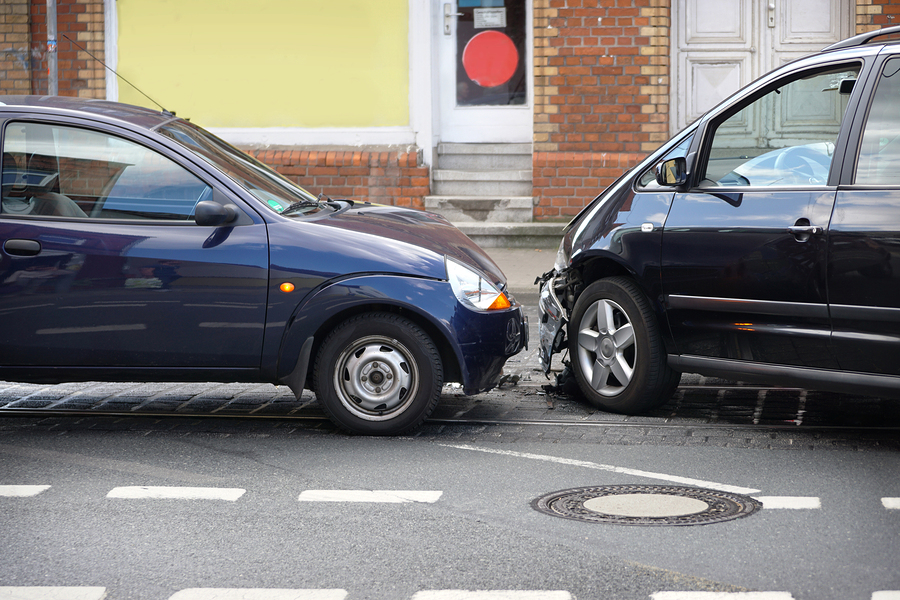Who Is Responsible for Accidents Caused by Road Defects?
Who Is Responsible for Accidents Caused by Road Defects?
It should come as no surprise to learn that some Virginia roads are inherently dangerous and that they cause their fair share of accidents. An uncorrected defect could result in the agency that oversees the roadway bearing responsibility for your injuries. Other entities, like construction companies or private subcontractors, might also face legal liability. To find out whether you have a claim, call our office today to speak with a car accident attorney in Richmond, Virginia.
Common Road Defects
The following defects can endanger the safety of drivers and others on the road:
- Potholes
- Cracked or uneven pavement
- Missing traffic signs
- Obscured traffic signs
- Malfunctioning traffic lights
- Inadequate lighting
- Debris, like fallen branches, that the responsible parties fail to clear from the road
- Weak guardrails
- Sloping shoulders
- Excessive grade
Any of
these defects can cause a driver to lose control of a vehicle, causing a tip over, or a collision with another vehicle or stationary objects like trees or buildings. If the defect has existed for a long time, then your case for compensation grows that much stronger.
After the
accident, identify the hazard that caused the crash. If possible, take a picture with your smartphone so you have documented evidence of the condition of the hazard on the day of your accident.
Whom You Can Hold Responsible
To prevail in a lawsuit, you need to identify who owed you a duty to keep the road safe. Generally, the following can face responsibility:
- The government agency responsible for road upkeep
- Any entity that contracted with the government for road work or construction
- Private businesses, if the accident happened in a parking lot or private road
- A manufacturer of defective products, if those products contributed to the crash
Sometimes the responsible party is not apparent, such as when a traffic sign goes missing. However, an experienced car accident lawyer can investigate and find the party responsible.
Suing the Government
Virginia, like some other states, enjoys immunity from lawsuits, and this immunity extends to state agencies. The state, however, has partially waived its immunity. It allows
personal injury lawsuits, but you must carefully adhere to the Virginia Tort Claims Act requirements as outlined in section
801-195.1 et seq. in the state’s Code.
Most importantly, you must protect your right by filing a written statement that describes your claim as laid out in
section 8.01-195.6. You have one year to file the claim, and it should include:
- The time and place of the accident
- The agency or agencies responsible for the accident
Missing this deadline could bar you from receiving any compensation, so meet with a car accident lawyer as soon as possible.
Injured on the Road? Call Emroch & Kilduff for Your Free Consultation With a Richmond Car Accident Lawyer
Defective roads endanger the entire public, and government agencies and other parties should pay compensation when their negligence causes injury. At Emroch & Kilduff, we have seen road defects cause devastating physical injuries to more than one unsuspecting driver. To receive compensation for medical care, lost wages, and pain and suffering, start your case by
contacting us at (804) 358-1568. Avoid delay.


